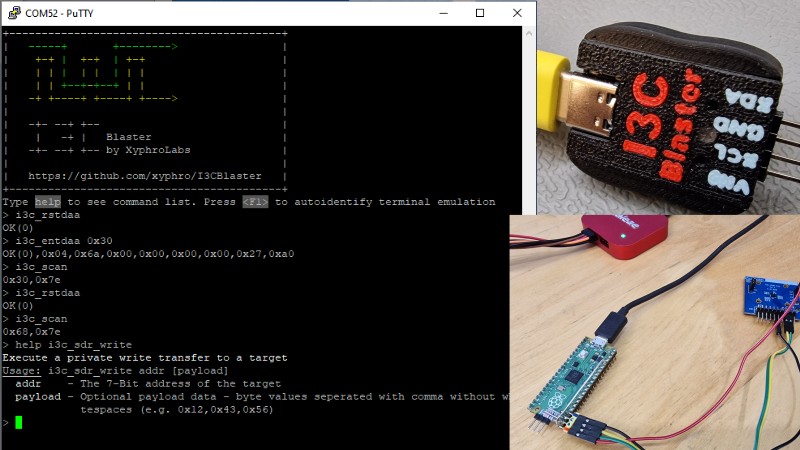How the fact that postfix unary having higher precedence than prefix would group differently an expression? [closed]
For instance in the expression a+b*c, applying precedence (grouping) we get a+(b*c) because * has higher precedence than +. Nonetheless, I'm struggling to understand the case in which we'd decide to group differently some expression due to the fact that, say postfix ++ had higher precedence than prefix ++. The only thing that came up to my mind was a+++b which becomes (a++)+b, but I'm not sure if this would be the best example to illustrate precedence hierarchy between these two operators (even if it serves such purpose).
For instance in the expression a+b*c, applying precedence (grouping) we get a+(b*c) because * has higher precedence than +. Nonetheless, I'm struggling to understand the case in which we'd decide to group differently some expression due to the fact that, say postfix ++ had higher precedence than prefix ++. The only thing that came up to my mind was a+++b which becomes (a++)+b, but I'm not sure if this would be the best example to illustrate precedence hierarchy between these two operators (even if it serves such purpose).






















/cdn.vox-cdn.com/uploads/chorus_asset/file/25829976/STK051_TIKTOKBAN_B_CVirginia_B.jpg)













/cdn.vox-cdn.com/uploads/chorus_asset/file/24435316/STK150_Bing_AI_Chatbot_02.jpg)








































